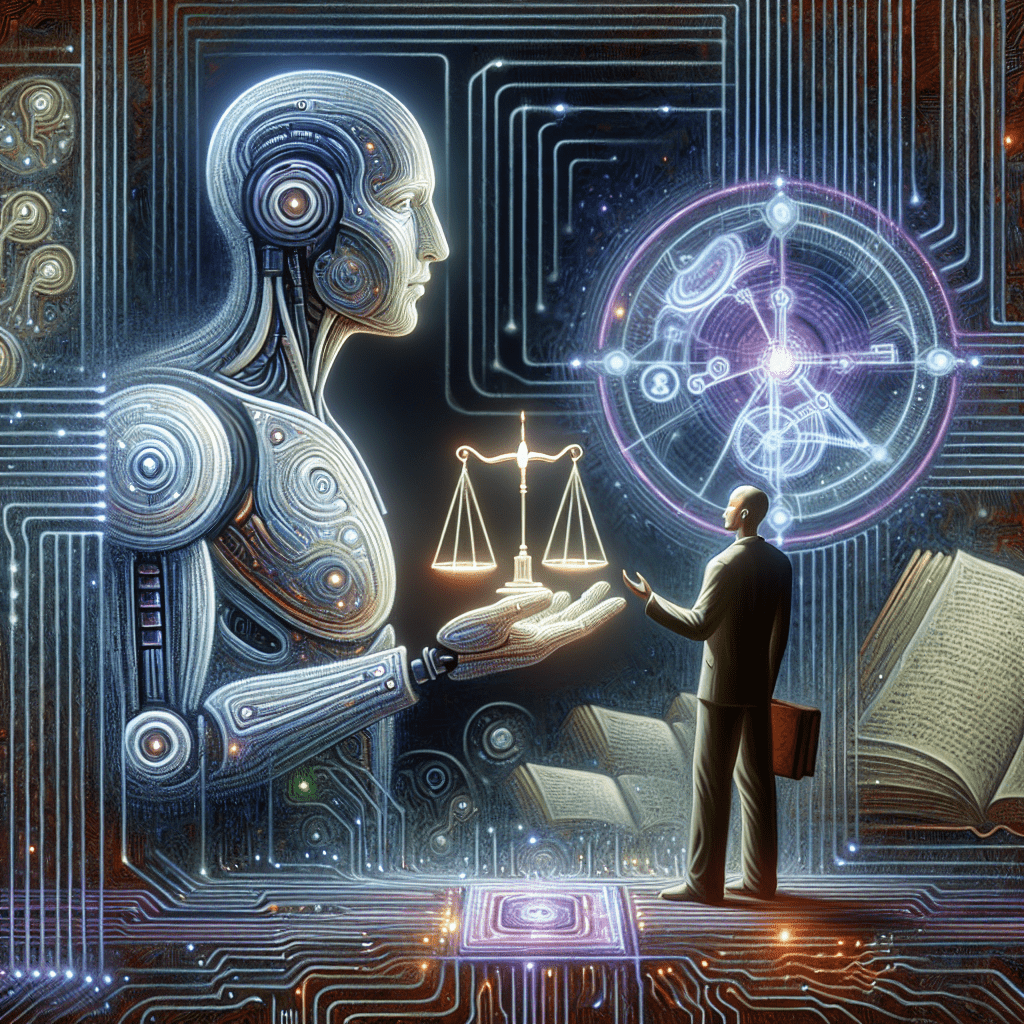Artificial Intelligence (AI) has the potential to revolutionize the way we live and work, but in order for AI to truly benefit society, it must be built on a foundation of trust. Trust is essential for successful human-machine interaction, and understanding the ethical considerations and biases that can impact AI systems is crucial for building that trust.
The Importance of Ethics in AI
One of the key factors in building trust in AI is ensuring that AI systems are developed and deployed ethically. Ethical considerations in AI include issues such as privacy, transparency, fairness, and accountability. AI systems must be designed with respect for the rights and well-being of individuals, and their decision-making processes must be transparent and accountable.
For example, AI systems that are used in hiring processes must be designed to prevent bias and discrimination, and their decision-making processes must be transparent so that candidates can understand why they were or were not selected for a position. Similarly, AI systems used in healthcare must be designed to protect patient privacy and to make decisions that are in the best interests of the patient.
The Impact of Bias in AI
Bias is another factor that can impact trust in AI systems. Bias can be introduced into AI systems through the data that is used to train them, as well as through the algorithms and decision-making processes that are used. For example, if an AI system is trained on data that is biased against a certain group of people, the system may make biased decisions that negatively impact those individuals.
To combat bias in AI systems, developers must carefully consider the data that is used to train them and take steps to mitigate bias in the algorithms and decision-making processes. This is essential not only for building trust in AI systems, but also for ensuring that AI is used in a fair and equitable manner.
Conclusion
Building trust in AI is essential for its successful integration into society. Understanding the ethical considerations and biases that can impact AI systems is crucial for building that trust. By developing AI systems that are designed ethically and that are free from bias, we can ensure that AI benefits society in a positive and responsible way.
FAQs
Q: Why is trust important in AI?
A: Trust is important in AI because it is essential for successful human-machine interaction. Without trust, people may be hesitant to use AI systems or may not feel comfortable relying on them for important decisions.
Q: How can bias be mitigated in AI systems?
A: Bias can be mitigated in AI systems by carefully considering the data that is used to train them and by taking steps to ensure that the algorithms and decision-making processes are free from bias. This may involve using diverse data sets, testing for bias throughout the development process, and implementing algorithmic fairness techniques.
Quotes
“Trust is the glue of life. It’s the most essential ingredient in effective communication. It’s the foundational principle that holds all relationships.” – Stephen Covey
#Building #Trust #Understanding #Ethics #Bias #Essential #Successful #HumanMachine #Interaction


